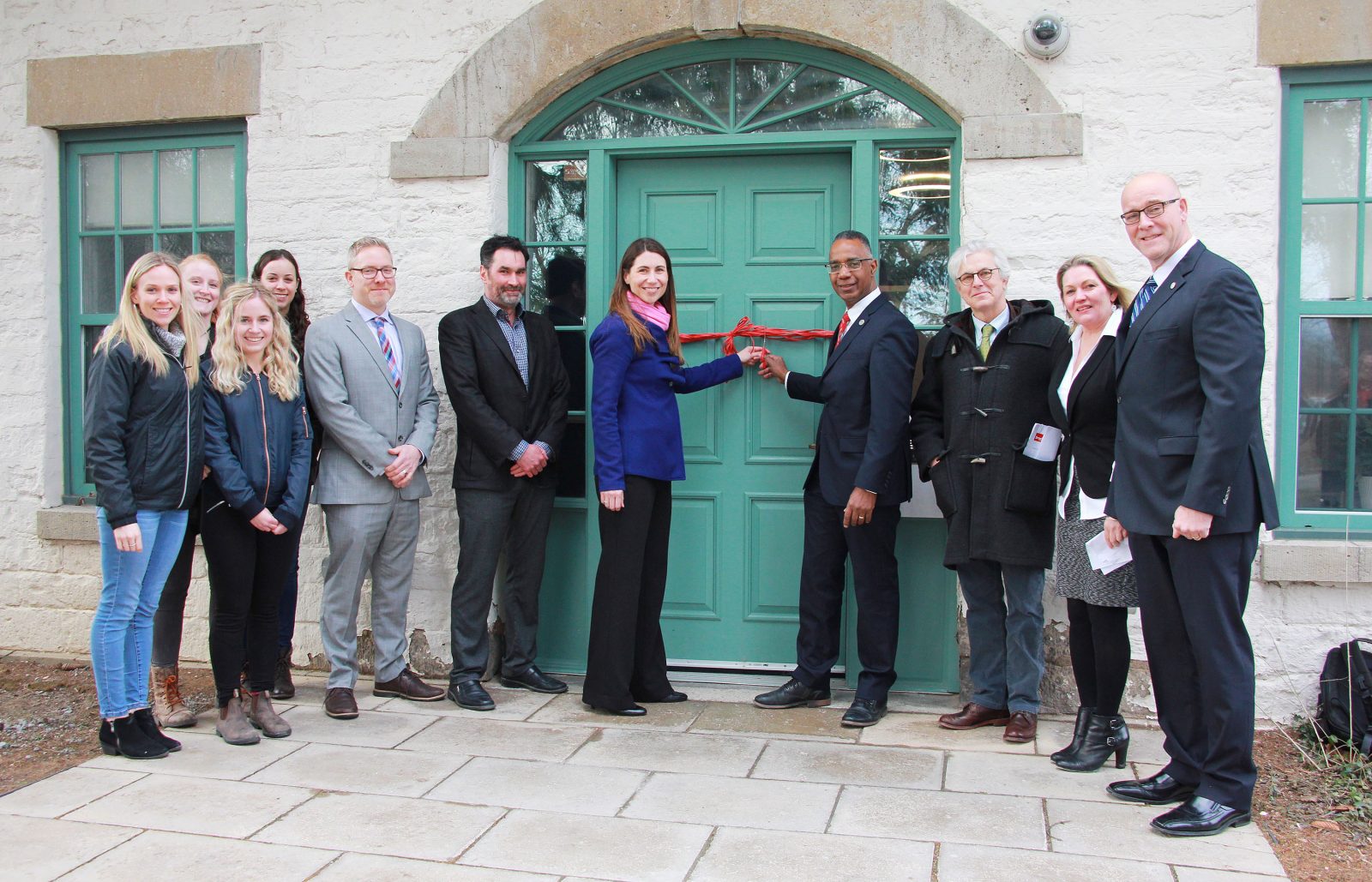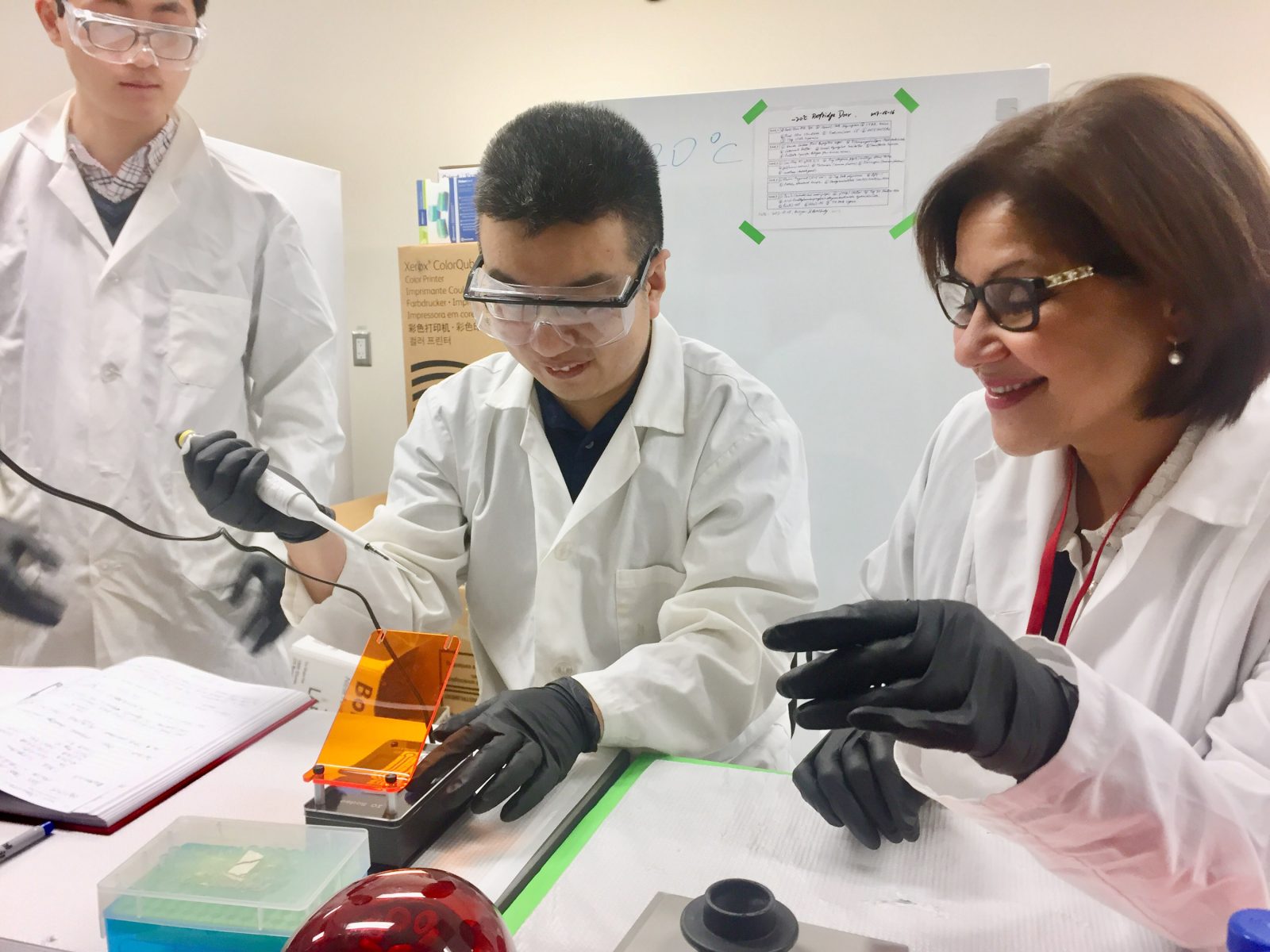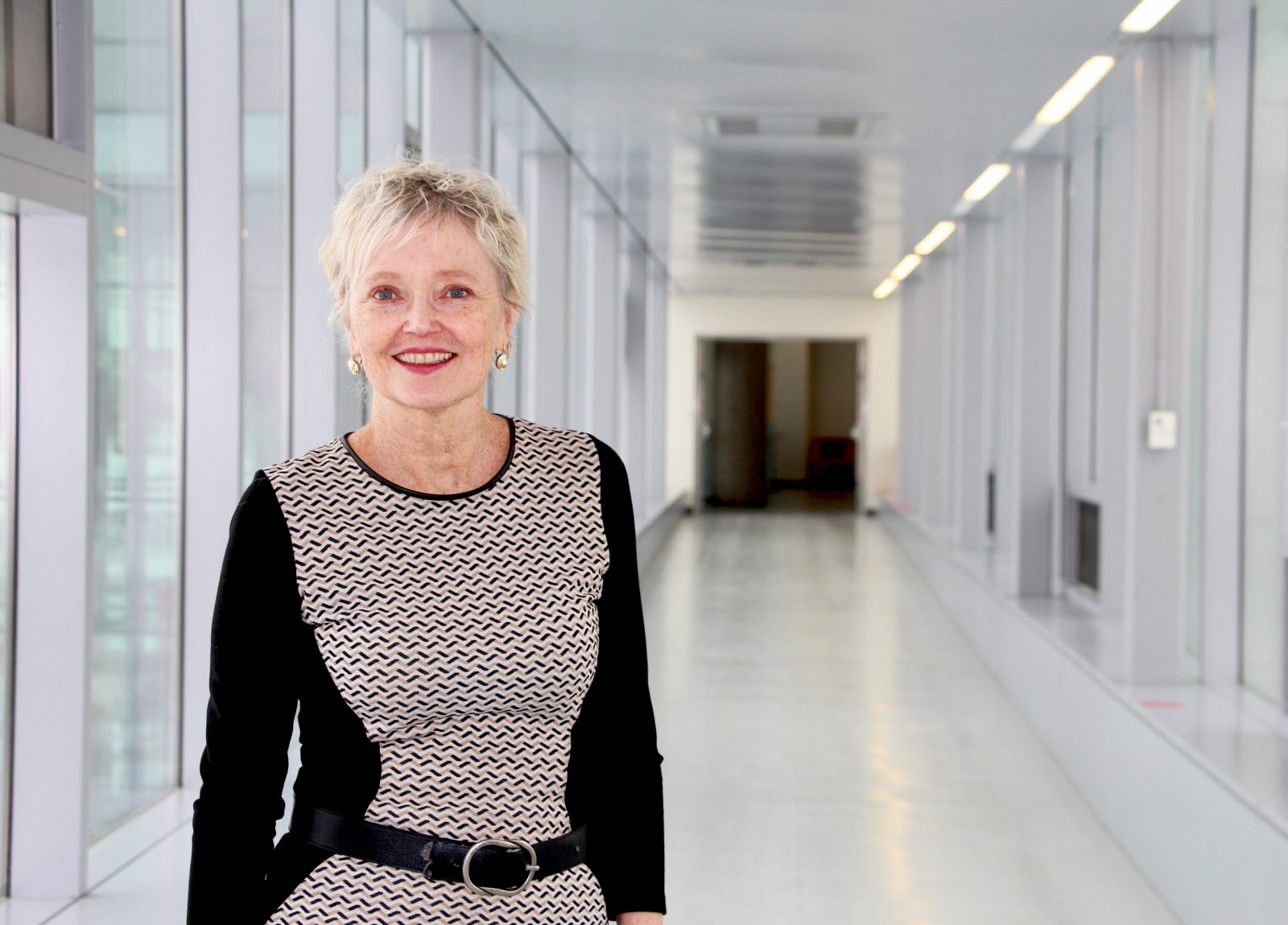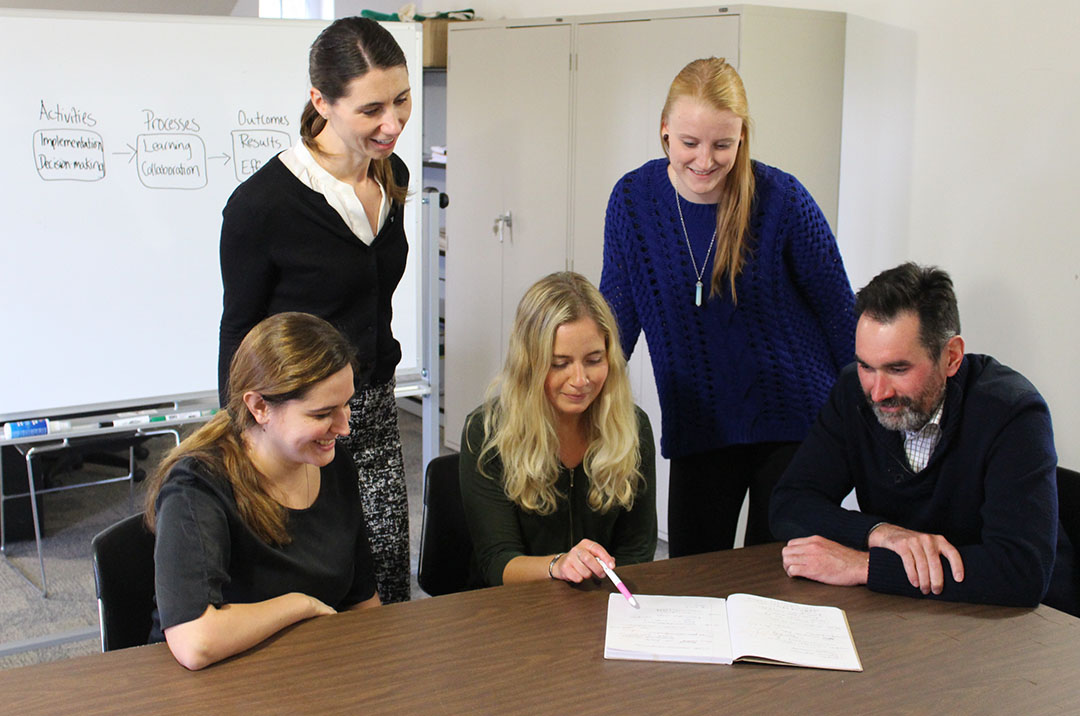The flooding of coastal communities along Lake Ontario last year caused major damage and made people realize that century floods aren’t nearly as rare as the name implies.
A new research collaboration between Brock University and the Town of Lincoln is aimed at helping the community understand how to deal with the impacts of climate and environmental changes and examining potential avenues of solutions for future development along the shore. It’s the first externally funded project as part of the Brock-Lincoln Living Lab partnership announced in October 2017.
Brock UNESCO Chair in Community Sustainability Liette Vasseur is leading the three-year research study for the Ontario component of a larger project by Université du Québec à Rimouski, which is examining how various coastal communities can deal with and share ideas on the impacts of climate and environmental changes.
“Communities are becoming more and more exposed to different hazards,” said Vasseur, who has been involved in similar research initiatives in other communities in Atlantic Canada and Ecuador. “With climate change, these types of events are coming faster and more often.”
The project has received $280,000 in funding from the Marine Environmental Observation Prediction and Response Network (MEOPAR), with additional support from the Town of Lincoln and Brock. MEOPAR is an independent, not-for-profit organization funded by the federal government as a National Centre of Excellence that supports research and trains students in the area of marine risk and resilience.
Lincoln suffered around $1 million in damage as a result of back-to-back spring storms in 2017 that caused massive flooding from Lake Ontario. The storms led to the Town’s first-ever voluntary evacuation notice for residents living near the Lake Ontario shoreline, and caused significant damage to Charles Daley Park and sewer systems in Jordan Station and Campden.
Vasseur said climate change scenarios over the next decade are projecting continuous sea level rise and increases in extreme weather events. This will amplify the severity and frequency of flooding in coastal communities like Lincoln, which is continually growing with more people living near the Lake Ontario waterfront.
“People were always talking about 100-year events. Now it’s more like one every five years,” she said. “It shows that we need to be more prepared. When we’re planning things like residential developments, we need to plan in a way that we’re going to survive with these types of events.”
For the Town of Lincoln, the research will provide crucial information about current and future risks.
“In 2017, Lincoln experienced the real and harsh effects of severe weather on critical infrastructure in our community,” said Lincoln CAO Mike Kirkopoulos. “As another benefit of the Brock-Lincoln Living Lab, this research is grassroots to our community, helping us better understand the conditions for collective ownership of adapting to climate change as an organization and community.”
Vasseur said the research team will include a postdoctoral fellow and a master’s student, who will collect data in Lincoln, and share information and ideas with other researchers and communities along the St. Lawrence Seaway.
“It will be a very good learning experience for the students, while helping the communities at the same time,” she said. “We’re hoping that by the end, the data we’re going to get can be used by communities all along the coastline.”
Lincoln Mayor Sandra Easton said municipalities like hers are learning that more frequent smaller floods — not just rare major flooding events — can have a big impact on resources.
“Climate change and the impact on municipal infrastructure is top of mind for our council,” Easton said. “With the growing municipal infrastructure funding gap, municipalities have a responsibility for long-term planning and mitigation of the effects of climate change. This research is critical for council to understand how we can better identify actions toward climate change adaptation.”
Story originally published in The Brock News
















